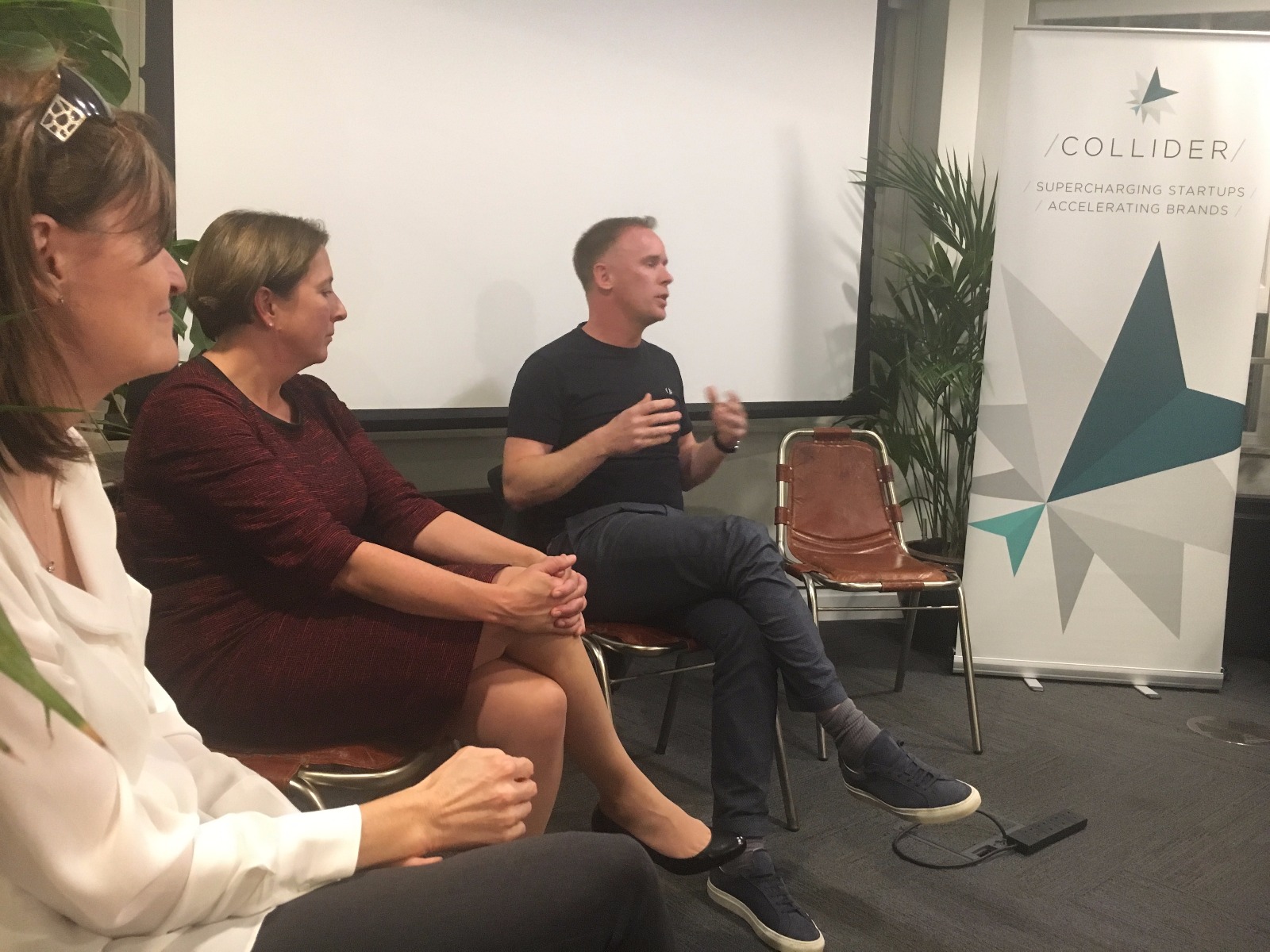One of our startups,
Locomizer, has just been accepted to the startup program
Momentum, based in San Francisco.
Alex Polyakov, Locomizer's Co-Founder, says "We are very excited to have this opportunity to get access to the Silicon Valley's network of mentors and potential investors."
Duncan Logan, the Founder & CEO of Rocket Space, said "Here at RocketSpace, we love meeting the top startups from all over the world, so it was only natural that we'd open our doors to great startups in London. The environment, networking opportunities and changes of scene will all help
Locomizer continue the excellent work started at
Collider12 to achieve their goals."
Momentum startups will benefit from RocketSpace’s startup services and access to their corporate innovation program, as well as spending 12 weeks at RocketSpace’s highly coveted San Francisco campus. They will be joining four other startups who have also been accepted into the program, which are:
The 12-week program provides the class with weekly workshops, networking dinners, and an enviable mentor list of Silicon Valley’s top 50 mobile executives. The program team consists of Mario Tapia (AT&T, Disney, Yahoo!), Arte Merritt (Motally,Yahoo!), and Mike Rowehl (Admob, Chomp, Metaresolver, Skyfire).
The Momentum program is more of a graduate level program, geared to help accelerate businesses in the mobile space, as opposed to teaching startup basics, making it perfect for Locomizer, who are more than ready to take on Silicon Valley.













